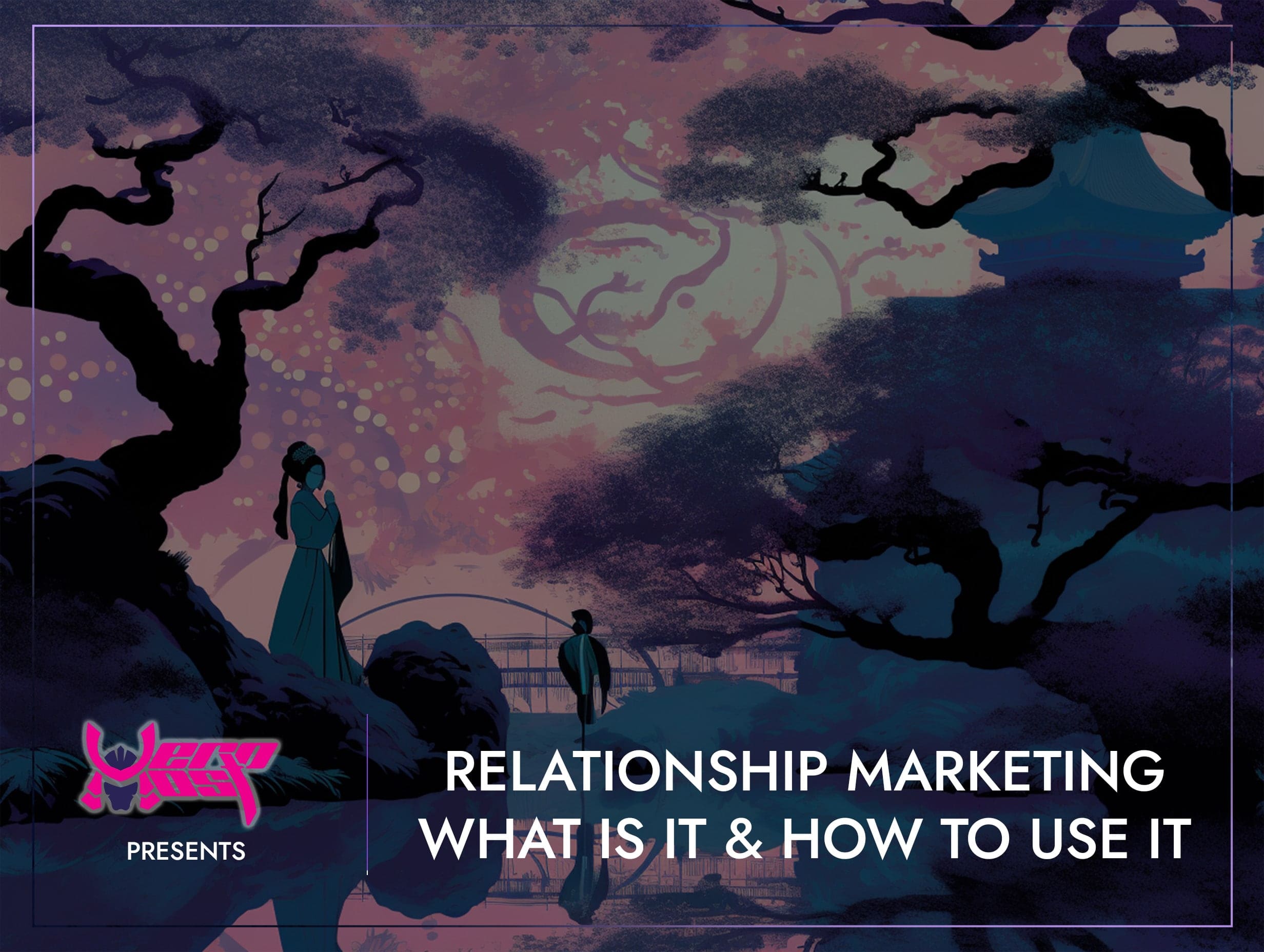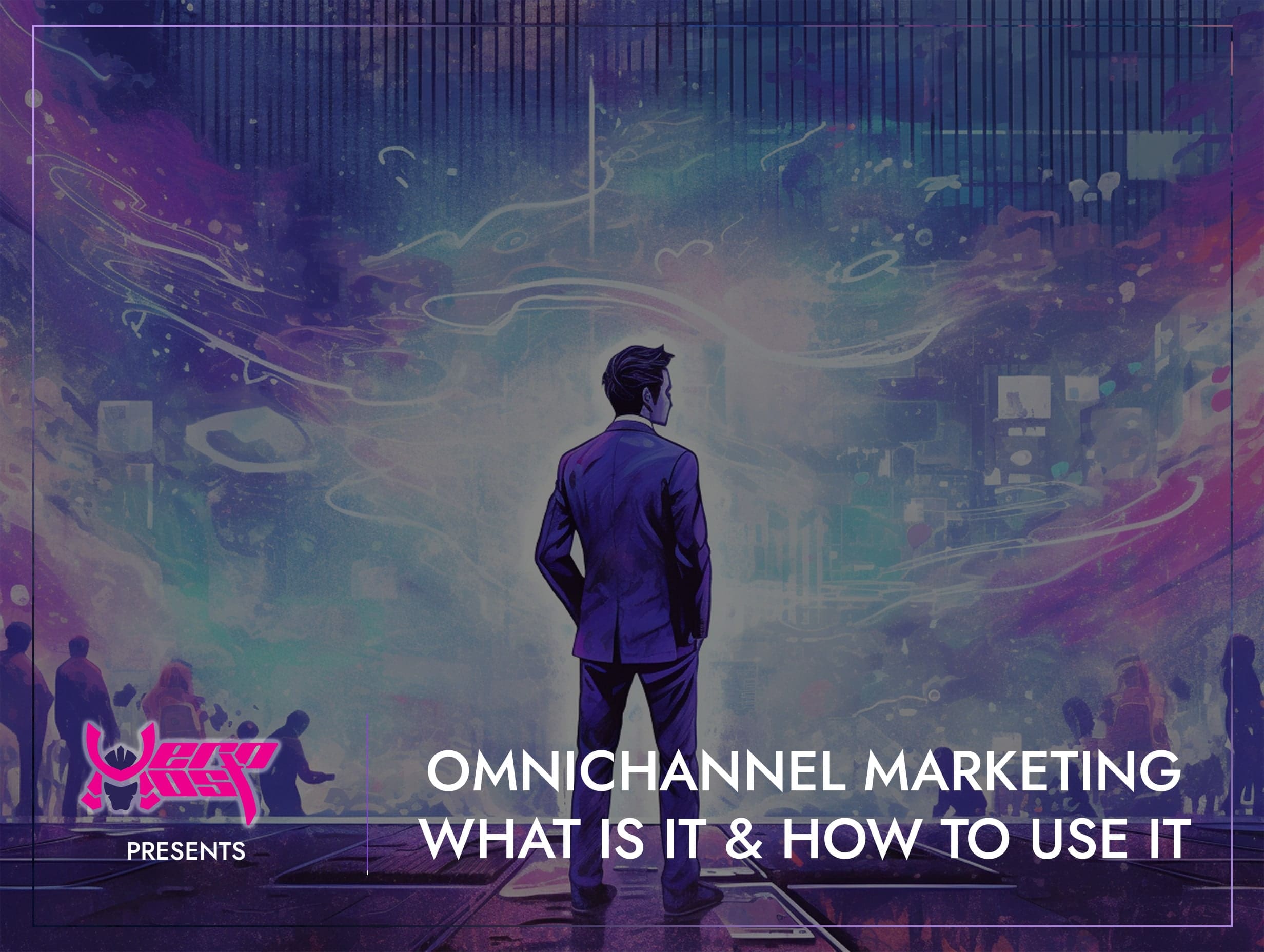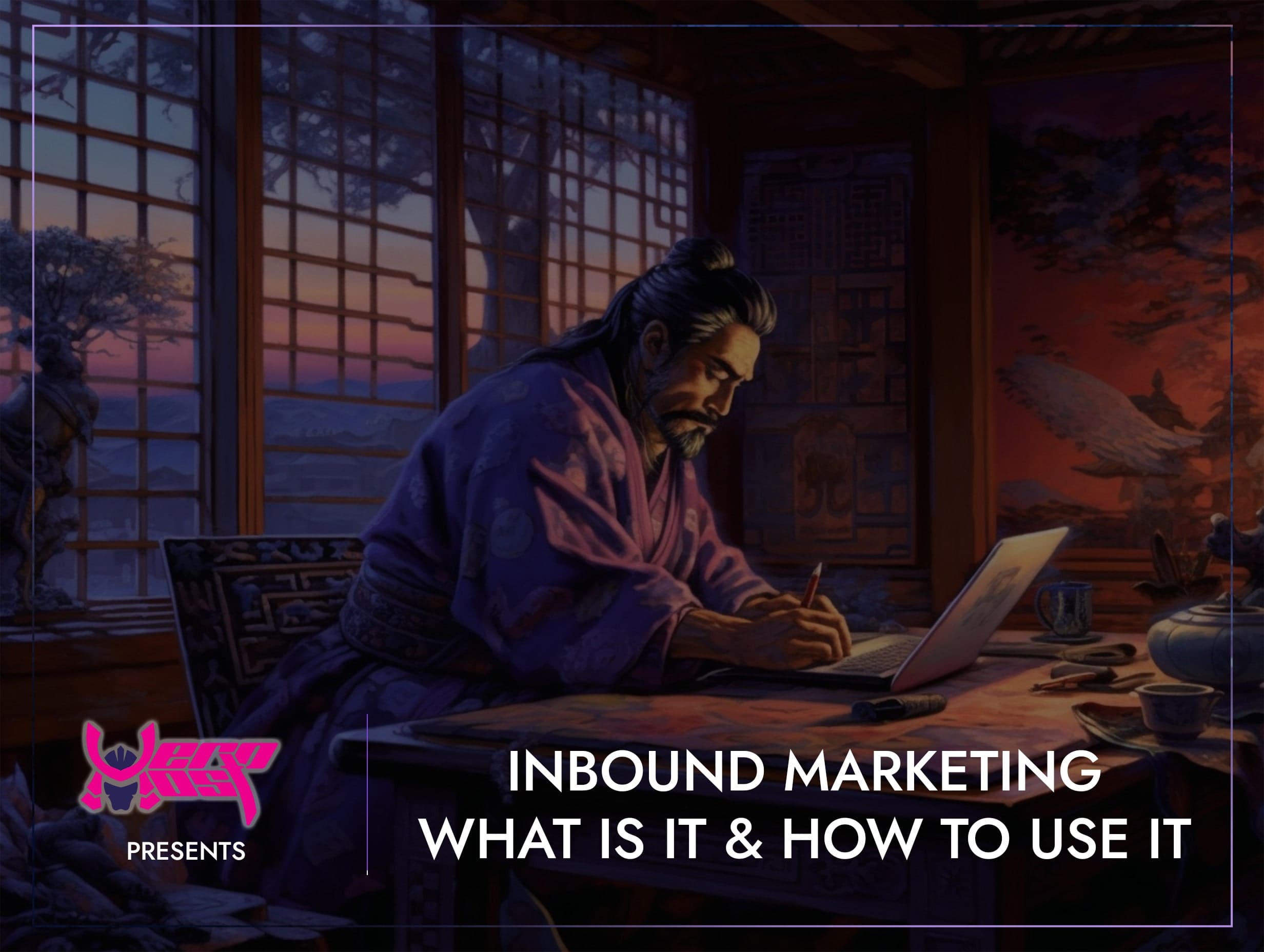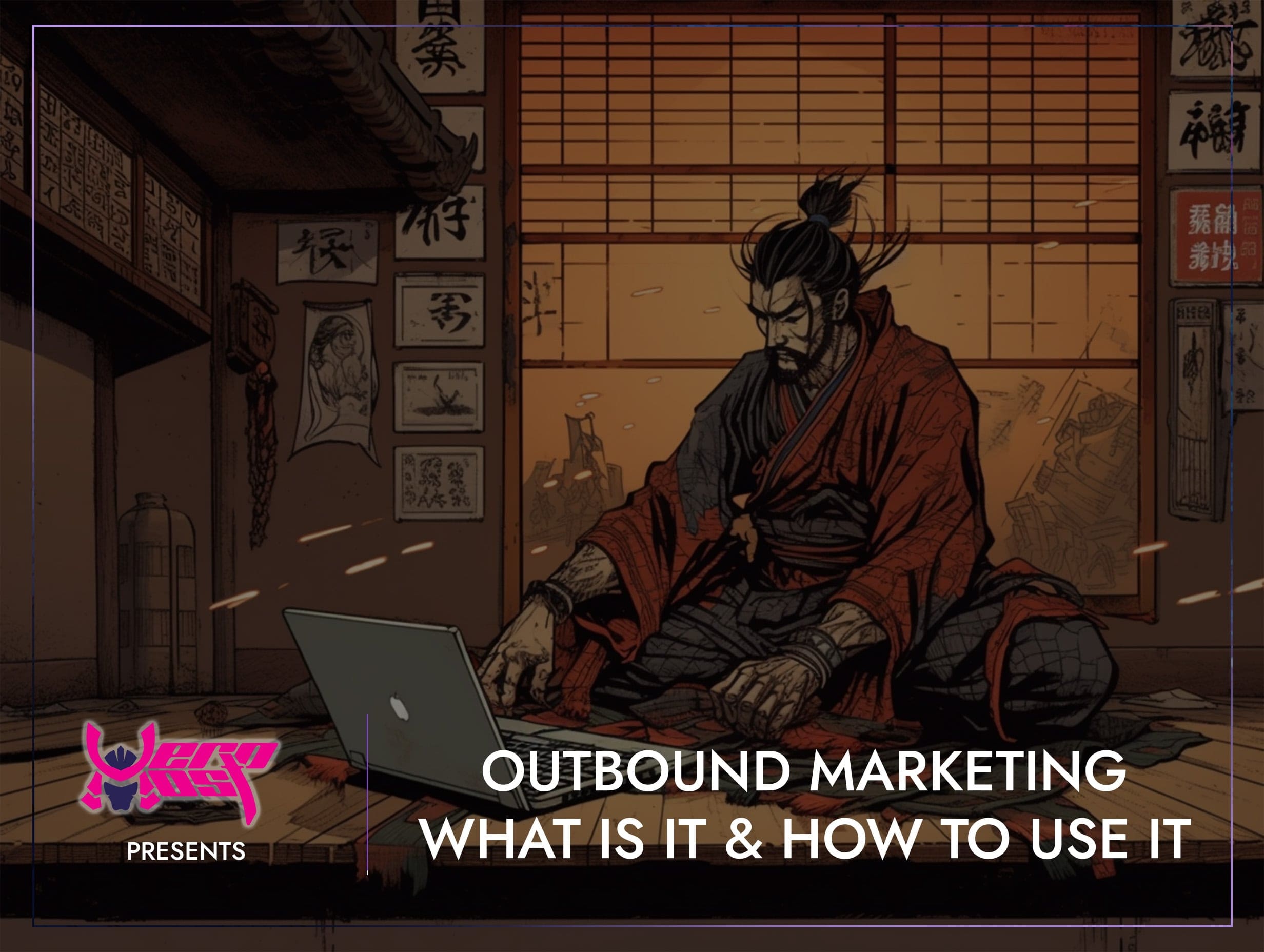Relationship Marketing: What Is it And How To Use It
- Home
- Marketing Guides
- Relationship Marketing: What Is it And How To Use It

- Mikey Ryu
- May 30, 2024
- 0
Relationship Marketing: What Is it And How To Use It
In today’s highly competitive market, businesses are increasingly turning to relationship marketing to build and maintain strong connections with their customers. This approach focuses on long-term engagement and customer loyalty rather than short-term sales. In this blog, we will explore what relationship marketing is, how you can use it to benefit your business, and the various types of relationship marketing strategies.
What is Relationship Marketing?
Relationship marketing is a strategy designed to foster strong, lasting relationships with customers by providing consistent value and maintaining open lines of communication. Unlike traditional marketing, which often prioritises single transactions, relationship marketing emphasizes customer retention and satisfaction. The goal is to create loyal customers who will not only continue to purchase from your business but also become advocates for your brand.
This approach involves understanding the needs and preferences of your customers, offering personalised experiences, and continuously engaging with them through various channels. Relationship marketing is rooted in trust, transparency, and mutual respect, and it seeks to create a deep emotional connection with customers.
How Can You Use Relationship Marketing to Benefit Your Business?
Implementing relationship marketing can bring numerous benefits to your business. Here are some key advantages:
Increased Customer Loyalty:
By focusing on building strong relationships, you encourage repeat business and reduce customer churn. Loyal customers are more likely to make repeat purchases and recommend your brand to others.
Higher Customer Lifetime Value:
Engaged and satisfied customers tend to spend more over time, increasing their overall value to your business. This leads to a higher return on investment (ROI) for your marketing efforts.
Positive Word-of-mouth:
Satisfied customers are more likely to share their positive experiences with friends and family, leading to organic referrals and new customer acquisition.
Enhanced Customer Insights:
Ongoing engagement with customers allows you to gather valuable feedback and insights into their preferences and behaviours, helping you refine your products and services.
Competitive Advantage:
Businesses that excel in relationship marketing can differentiate themselves from competitors by providing exceptional customer experiences and building strong emotional connections with their audience.
Types of Relationship Marketing:
There are various types of relationship marketing strategies that you can employ to strengthen your connections with customers:
Personalized Communication:
Tailor your interactions with customers based on their preferences and past behavior. Personalized emails, messages, and offers can make customers feel valued and understood.
Loyalty Programs:
Implement programs that reward customers for their repeat business. Points systems, discounts, and exclusive offers can incentivize continued engagement and foster loyalty.
Customer Feedback:
Actively seek and respond to customer feedback through surveys, reviews, and social media interactions. Showing that you value their opinions and are willing to make improvements based on their input can strengthen trust.
Exclusive Content and Offers:
Provide customers with access to exclusive content, early product releases, or special promotions. This can make them feel like they are part of an exclusive community and encourage ongoing engagement.
Community Building:
Create and nurture a community around your brand through social media groups, forums, or events. Encouraging customers to connect with each other can foster a sense of belonging and loyalty to your brand.
Customer Support:
Offer exceptional customer support that is easily accessible and responsive. Addressing customer issues promptly and effectively can enhance satisfaction and build trust.
Consistent Engagement:
Maintain regular communication with your customers through newsletters, social media updates, and personalized messages. Keeping your brand top-of-mind helps sustain the relationship over time.
In conclusion, relationship marketing is a strategic approach that prioritizes long-term customer engagement and loyalty over short-term sales. By implementing relationship marketing strategies, you can increase customer satisfaction, drive repeat business, and create brand advocates who will promote your business to others. Embrace the principles of relationship marketing to build strong, lasting connections with your customers and achieve sustainable growth for your business.
Search
Categorys
- Branding (12)
- Business Growth Guides (3)
- Business Insights (3)
- Content Marketing (43)
- Domain Authority (19)
- Email Marketing (28)
- Google Analytics & Search Console (5)
- Hack or Not (2)
- Hero Host News (0)
- Inbound Marketing (32)
- Lessons From Asia (40)
- Marketing Guides (11)
- Martial Arts Journey (14)
- Outbound Marketing (8)
- Search Engine Optimisation (SEO) (41)
- Social Media Marketing (38)
- Web Design (20)
- Website Hosting (4)
- Wordpress (2)






